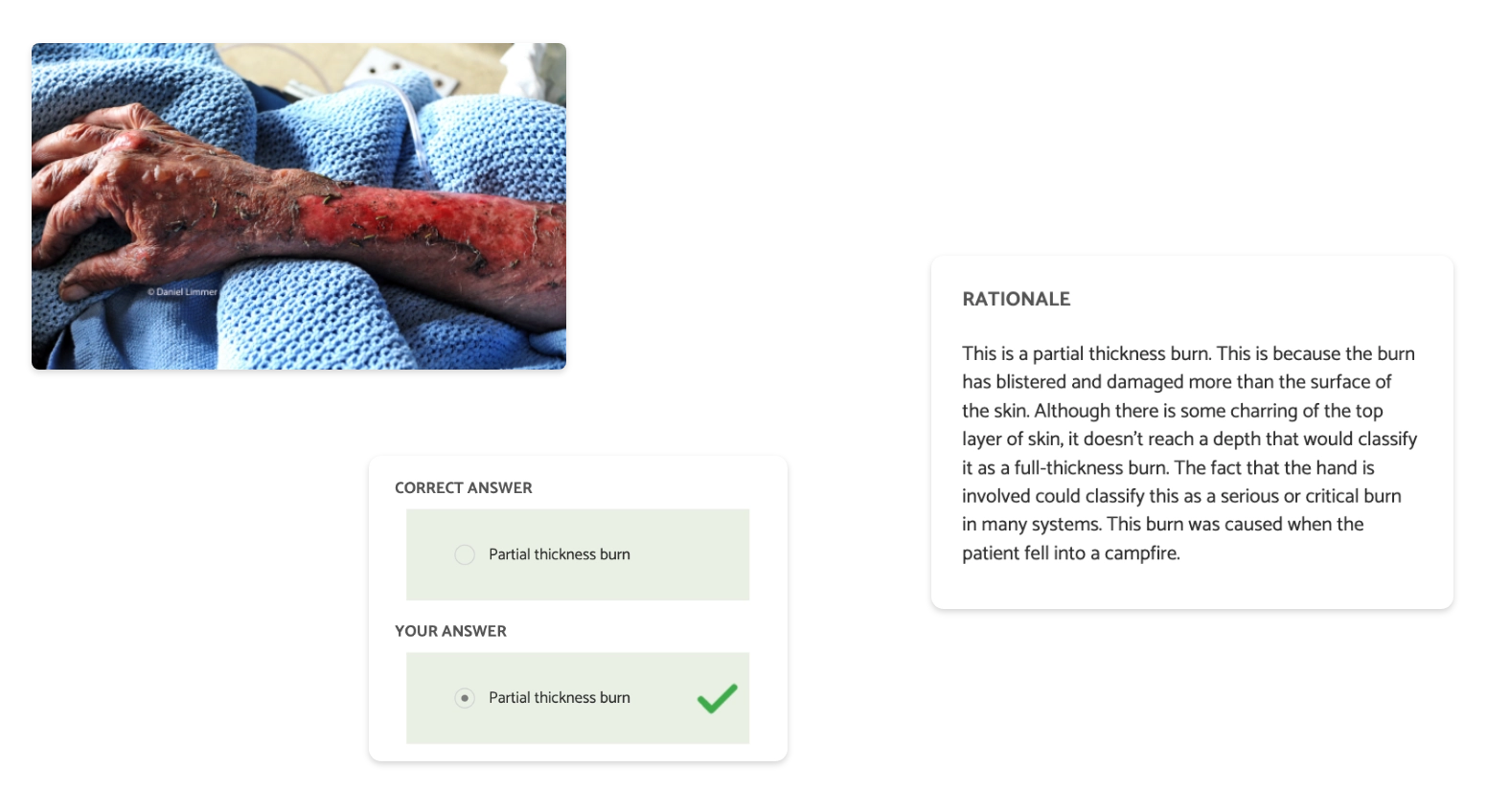

Trusted Education for the Future of EMS
NREMT prep and classroom solutions that build better providers.
The Limmer Advantage


Made by NREMT Experts

NREMT Success
Help students succeed on their exams. Our apps focus on critical thinking, pattern recognition and pathophysiology.
Get startedAfter using your products and learning how to attack and understand questions I felt more confident than ever. The material you offer is amazing! It helped me to finally pass my NREMT! – Trevor D.

Find Your Match
We have a wide variety of apps for all different stages of your EMS education.
Use our product finderFrom our EMS Articles
Loved by EMS Students, Educators and Institutions
-
-
I had struggled previously on obtaining my NREMT paramedic. After using your products and learning how to attack and understand questions I felt more confident than ever. The material you offer is amazing and so hopeful! Most importantly it helped me to finally pass my NREMT paramedic!
Trevor DetwilerParamedic -
I recently let my registry lapse and had to take the new test. Because of your products, I walked into the test confident and had a very good handle on the necessary intellectual stamina it took to pass the new test. Your videos on how to interpret the question stems, and the new section that mimics the mechanics of the new test were instrumental in my preparation.
Jonathan "JoJo" AbuanProvider
-
-
-
I love your products. I downloaded the EMT PASS app and passed on the first try. Your questions and test taking strategies have great value to us active learners!
Brad IllingEMT -
I was about to give up when I found Limmer Education. Thanks to EMT PASS and Dan’s Office Hours [on EMTReview.com] I am proud to be writing that I passed the NREMT on the 4th time. Dan Limmer helped me get my “Mojo” back. Dan’s background and wealth of knowledge how he explains things helped me master many concepts I did not understand before.
Noah JacksonEMT
-
-
-
I took and passed my NREMT (1st try). I'm pretty sure EMTReview.com had a lot to do with that. Reading the rationale in all the practice/review test questions really helped, so THANK YOU.
Brian MenearEMT -
The people who have used the [EMT Review Plus] apps to their fullest, ie: taking the exams as well as the study cards and review questions, have been very successful with first time pass rates. Almost 100% at this time.
Steven TurnerEMT Instructor
-













